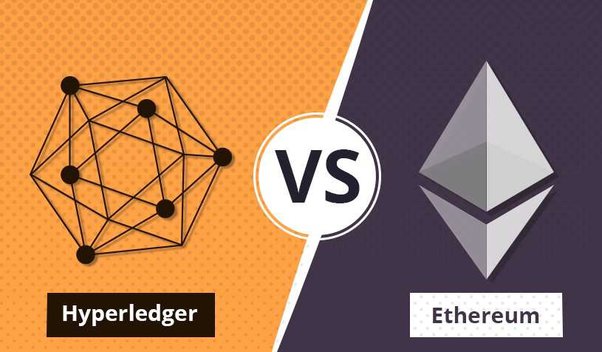Enigma's Guy Zyskind I'm Pro-Whatever Kind of Blockchain Fits Decentralization Ideals
They are also the most Decentralization Ideals type of blockchain, as anyone can run a node and contribute to the network.

In a recent interview with Cointelegraph Enigma's co-founder and CEO Guy Zyskind shared his thoughts on the future of blockchain protocols and where Enigma fits in.
Zyskind is a proponent of decentralization, and he believes that blockchain technology has the potential to revolutionize the way we interact with the world around us. However, he also acknowledges that there are many different types of blockchain protocols, each with its own strengths and weaknesses.
What makes a blockchain decentralized?
Decentralization is a key concept in blockchain technology. It refers to the distribution of power and control across a network of nodes, rather than being concentrated in the hands of a single entity.
There are a number of factors that contribute to the decentralization of a blockchain network, including:
- The number of nodes: The more nodes there are on a network, the more decentralized it is. This is because it makes it more difficult for any one entity to control the network.
- The distribution of nodes: The more evenly distributed the nodes are, the more decentralized the network is. This is because it makes it more difficult for any one entity to gain a majority stake in the network.
- The consensus mechanism: The consensus mechanism is the process by which the nodes in a network agree on the state of the ledger. A decentralized consensus mechanism is one that is resistant to manipulation by any single entity.
Different types of blockchain protocols
There are many different types of blockchain protocols, each with its own unique characteristics. Some of the most common types of protocols include:
- Public blockchains: Public blockchains are open to anyone to participate in. They are also the most decentralized type of blockchain, as anyone can run a node and contribute to the network.
- Private blockchains: Private blockchains are permissioned networks, meaning that only authorized users can participate. This makes them less decentralized than public blockchains, but it also gives them certain advantages, such as improved performance and scalability.
- Consortium blockchains: Consortium blockchains are governed by a group of pre-selected organizations. This makes them less decentralized than public blockchains, but it also gives them certain advantages, such as improved security and compliance.
Where does Enigma fit in?
Enigma is a decentralized platform for privacy-preserving smart contracts. It uses a unique technology called secret contracts to allow users to compute on data without revealing it to anyone else.
Enigma's secret contracts are well-suited for a variety of applications, including:
- Financial services: Enigma can be used to develop financial applications that protect user privacy, such as decentralized exchanges and lending platforms.
- Healthcare: Enigma can be used to develop healthcare applications that protect patient privacy, such as decentralized medical records and clinical trials databases.
- Supply chain management: Enigma can be used to develop supply chain management applications that track the movement of goods without revealing sensitive business information.
Zyskind's vision for the future of blockchain
Zyskind believes that the future of blockchain is bright. He sees blockchain technology being used to create a more decentralized and privacy-preserving world.
In an interview with Cointelegraph Zyskind said: "I think we're going to see a lot of innovation in the blockchain space in the coming years. We're going to see new protocols emerge that are more scalable, more secure, and more privacy-preserving. We're also going to see new applications emerge that are built on blockchain technology. I think blockchain has the potential to revolutionize the way we interact with the world around us."
Enigma is a promising blockchain project with the potential to make a significant impact on the world. Zyskind's vision for a more decentralized and privacy-preserving world is one that is shared by many people in the blockchain community.
What's Your Reaction?
















